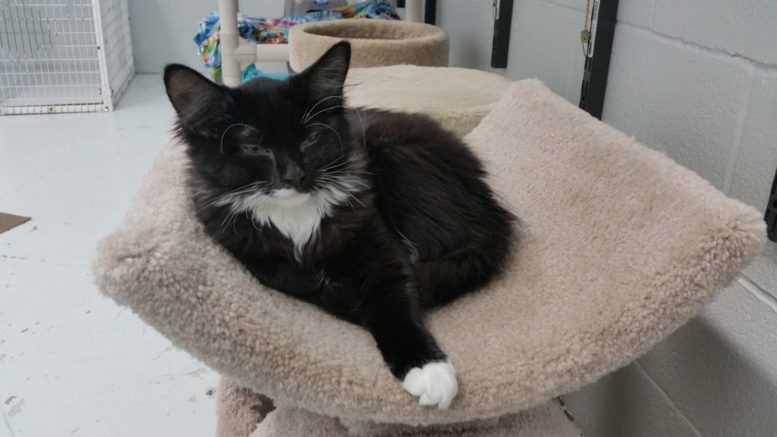(Submitted by Wood County Humane Society)
Two staff members from the Wood County Humane Society (WCHS) recently spent time at an Alabama shelter, where they shared knowledge and resources with their colleagues as part of an innovative national mentoring program.
This trip is part of an initiative in shelter networking recently launched by the Humane Society of the United States (HSUS). Called the Shelter Ally Project, this new initiative pairs one of HSUS’s Emergency Placement Partners, like WCHS, with a shelter in need located somewhere in the continental United States in order to provide much-needed mentorship to the host shelter. In particular, this initiative is designed to assist shelters in streamlining operational practices and locating necessary resources in order to reduce the number of animals annually euthanized in shelters.
While visiting the Clarke County Animal Shelter (CCAS), which is located in Grove Hill, Alabama, WCHS staffers collaborated with the local shelter manager and staff member on several projects that are designed to increase efficiency and maximize existing resources in the coming months. Some specific projects that they worked on included creating a volunteer nook, implementing a more efficient course of care for the animals, and promoting CCAS as a staple community member.
In addition to the knowledge and the mentorship that they shared, WCHS provided their Alabama peers with some medical and cleaning supplies, as well as some enrichment tools for the animals. As part of this networking project, WCHS also transferred in nine dogs from the Alabama shelter. Most of these dogs became available for adoption on July 5.
The WCHS is one of the first shelters in the nation to participate in the newly-launched HSUS initiative. HSUS provided WCHS funds to cover the costs of travel to and from the host shelter, as well as lodging.
When asked to explain the need for such an initiative, Kimberly Alboum, director of Shelter Outreach and Policy Engagement with HSUS, stated, “There are still many shelters that are overwhelmed and want to change, but need outside support, both in the form of funding and guidance, to help animals in their community in the most effective way possible.” Alboum went on to note, “We’re very excited that we and our placement partners will be giving shelters that want to improve the opportunity and, most importantly, the support necessary to do so.”
The WCHS, located in Bowling Green, is a private, non-profit, managed admission shelter providing care for homeless and abused pets and investigating cruelty complaints in Wood County. The organization receives no funding from the United Way, or national humane organizations, instead relying on earned revenue and the generosity of individual donors and businesses to fund our programs such as Safe Haven and food assistance programs, spay/neuter transport, and educational presentations. The WCHS provides care for hundreds of animals each year—from dogs and cats, to horses, goats, and pocket pets. All animals admitted into our adoption program are housed and cared for as long as it takes to find their fur-ever home. For more information on adopting and/or volunteering, see: http://www.woodcountyhumanesociety.org.

